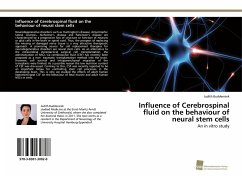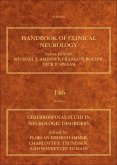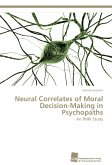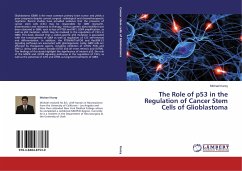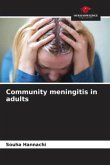Neurodegenerative disorders such as Huntington's disease, Amyotrophic lateral sclerosis, Alzheimer's disease and Parkinson's disease are characterized by a progressive loss of structure or function of neurons or glial cells in the brain or spinal cord. Thus, the prospect of replacing the missing or damaged nerve tissue is a very attractive therapeutic approach. A promising source for cell replacement therapies for neurodegenerative disorders are neural stem cells. As an alternative to the intracerebral stereotactical surgical cell transplantation, the administration of NSCs via cerebrospinal fluid (CSF) has recently been proposed as a non- traumatic transplantation method into the brain. However, cell survival and intraparenchymal migration of the transplants were limited. As a possible reason the low nutrition content of CSF was discussed. Contrary to this, CSF was recently reported to be an important milieu for controlling stem cell processes in the developing brain. This is why we studied the effects of adult human leptomeningeal CSF on the behaviour of fetal murine and adult human NSCs in vitro.
Bitte wählen Sie Ihr Anliegen aus.
Rechnungen
Retourenschein anfordern
Bestellstatus
Storno

